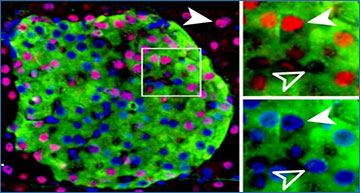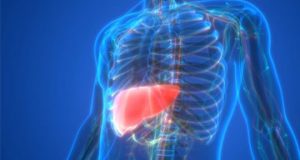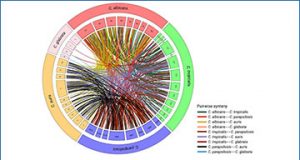Intron-derived long noncoding RNAs with snoRNA ends (sno-lncRNAs) are highly expressed from the imprinted Prader-Willi syndrome (PWS) region on human chromosome 15. However, sno-lncRNAs from other regions of the human genome or from other genomes have not yet been documented.
By exploring non-polyadenylated transcriptomes from human, rhesus and mouse, we have systematically annotated sno-lncRNAs expressed in all three species. In total, using available data from a limited set of cell lines, 19 sno-lncRNAs have been identified with tissue- and species-specific expression patterns. Although primary sequence analysis revealed that snoRNAs themselves are conserved from human to mouse, sno-lncRNAs are not. PWS region sno-lncRNAs are highly expressed in human and rhesus monkey, but are undetectable in mouse. Importantly, the absence of PWS region sno-lncRNAs in mouse suggested a possible reason why current mouse models fail to fully recapitulate pathological features of human PWS. In addition, a RPL13A region sno-lncRNA was specifically revealed in mouse embryonic stem cells, and its snoRNA ends were reported to influence lipid metabolism. Interestingly, the RPL13A region sno-lncRNA is barely detectable in human. Researchers at the Shanghai Institutes for Biological Sciences further demonstrated that the formation of sno-lncRNAs is often associated with alternative splicing of exons within their parent genes, and species-specific alternative splicing leads to unique expression pattern of sno-lncRNAs in different animals.
Comparative transcriptomes of non-polyadenylated RNAs among human, rhesus and mouse revealed that the expression of sno-lncRNAs is species-specific and that their processing is closely linked to alternative splicing of their parent genes. This study thus further demonstrates a complex regulatory network of coding and noncoding parts of the mammalian genome.
- Zhang XO, Yin QF, Wang HB, Zhang Y, Chen T, Zheng P, Lu X, Chen LL, Yang L. (2014) Species-specific alternative splicing leads to unique expression of sno-lncRNAs. BMC Genomics 15(1), 287. [abstract]
 lncRNA Blog lncRNA Research and Industry News
lncRNA Blog lncRNA Research and Industry News








